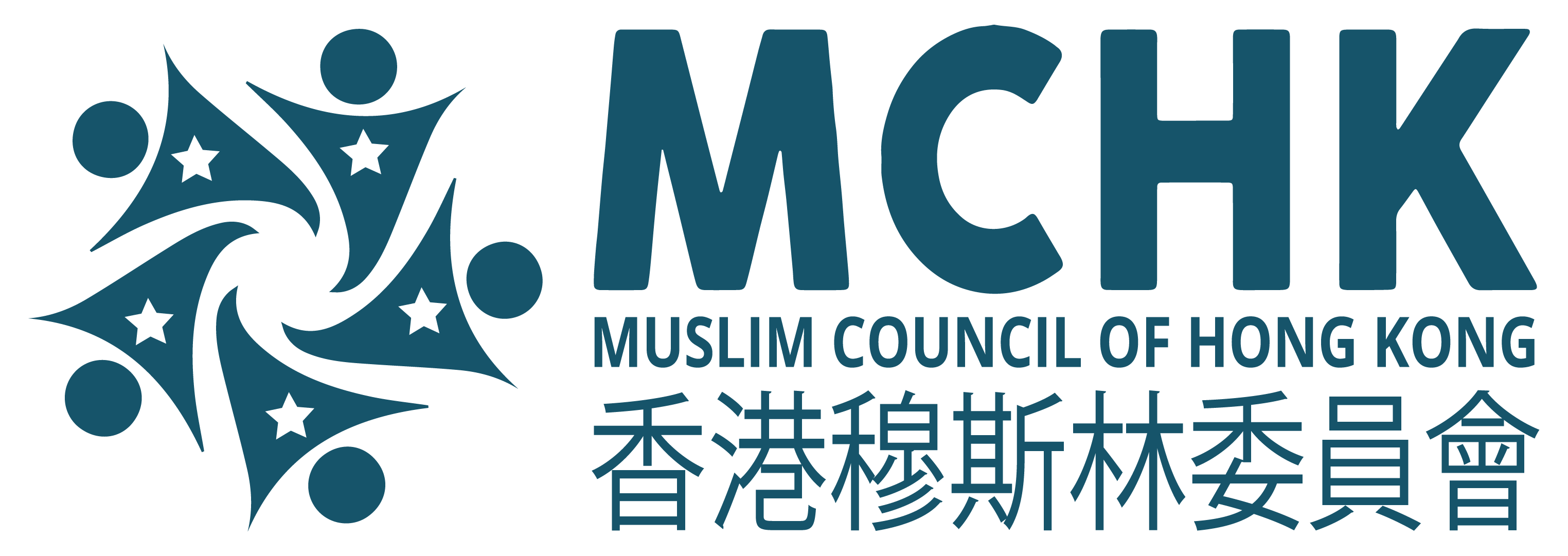On Monday evening, 23-year-old Osama Abu El-Hosna and his colleague left Schwedenplatz, a central Vienna square, and headed towards McDonald’s, where they worked.
It was unusually warm in the Austrian capital on the eve of a second lockdown, and it was busy.
People met in bars and restaurants before the new social distancing measures came into effect.
Suddenly, heard gunshots.
“The terrorist was 20 metres away from me,” Hosna told Al Jazeera on a video call, visibly upset.
When two policemen came to his aid, the attacker opened fire on them and struck an officer.
Hosna, who is of Palestinian background, and his colleague ducked behind a tree, then behind a concrete bench.
“We pulled the injured officer aside. I immediately looked for the wound and tried to stop the bleeding with my hand. That did not help. So, I took off my jumper and tried to stop the bleeding with that instead. After 15 minutes the ambulance came.
“The assassin was still nearby. I went to the ambulance, but they were all in shock, they couldn’t move. I went back to the policeman.
I was in shock myself and don’t remember who was standing next to me. But all of a sudden two young men came and helped to bring the wounded to safety.”
The two young men were Mikail Özen, 25, and Recep Gültekin, 21, two Viennese mixed martial arts (MMA) fighters with Turkish family background.

After helping an elderly lady, they saw the wounded policeman.
A mobile phone video recorded from a balcony shows the pair running behind a subway entrance as shots continued to be fired.
“I would do the same thing again today,”
Özen told Al Jazeera by phone on Tuesday, having just returned from a meeting with the mayor of Vienna, who thanked the two men for their courage.
Four people were killed and several wounded in the attack, which was carried out by 20-year-old dual Austrian Macedonian national Kujtim Fejzulai.
He had been convicted and sent to prison in April last year for attempting to travel to Syria to join the ISIL (ISIS) group but was released early, in December.
Özen initially did not want to comment on his heroic deed.
But after the balcony video went viral, he and Gültekin were accused by some on social media of involvement in the attack.
On the evening of the assault, there was repeated talk of multiple crime scenes and several attackers, for which there is still no evidence.
“Suddenly, social media reported that Turkish terrorists were also involved,” said Özen.
To set the record straight, he and Gültekin posted a video statement on their Instagram accounts, with the caption: “Saved a woman and a policeman.”
“We Muslims of Turkish origin condemn any kind of terror. We live in Austria; we are Austrian citizens.
We are not interested in any other politics outside the country. We have done what was necessary.
We are pleased that we were able to save the police officer and that he is still alive,” said Özen.
But just two days after the attack, they are again being criticised.
After Turkey praised them, screenshots of old photos and statements from their Facebook and Instagram accounts are being shared, suggesting that the two are close to the ultranationalist Turkish organisation Grey Wolves.
These allegations are false, said Muhammed Yüksek, who is assisting the pair with media requests.
“They have never been ‘grey wolves’ or active in any political organisation,” said Yüksek.
While one image from 2016 shows one of them doing the so-called wolf greeting with their hand, Yüksek said that in their MMA club, they fight in the “wolf team”, and that is why they made the signal.
“They regret their postings in the past. But it would be unacceptable to drop these young people who were so brave.”
Immediately after the attack, the Islamic Religious Community in Austria (IGGÖ), which is responsible for the administration of the religious affairs of Muslims living in Austria, had expressed its solidarity with the victims.
“The offender did not come from our immediate religious community,” said IGGÖ president Ümit Vural.
“We were shocked and stunned when we heard about it,” said spokeswoman Valerie Mussa.
“We have already had the first reports of offensive graffitis on mosques and facades this morning. We have already had the first reports of racist attacks, insults in the streets, especially against visibly Muslim women, wearing headscarves. And we have already received the first hate mails here,” Mussa told Al Jazeera by phone.
“In our community, we have young people who were born here, but they don’t feel as a part of the society. These young people need prospects and education. And they need to be brought into the middle of society. When they are in the middle of society, society cannot be divided.”
Hosna, the young McDonald’s manager, said he has previously been the victim of Islamophobia.
After years of living in Vienna, his Palestinian family wanted to buy a house in the municipality of Weikendorf. But their plan did not work out.
The municipality had “no interest” in the family moving in, the mayor announced. Muslims would not fit into Weikendorf.
The case went to the highest court. In the end, the Hosnas won.
Today, he hopes people will be more open-minded.
After giving his testimony at the police station, officers gave him a “police” patch to thank him.
“I will keep this patch for the rest of my life,” he said.



